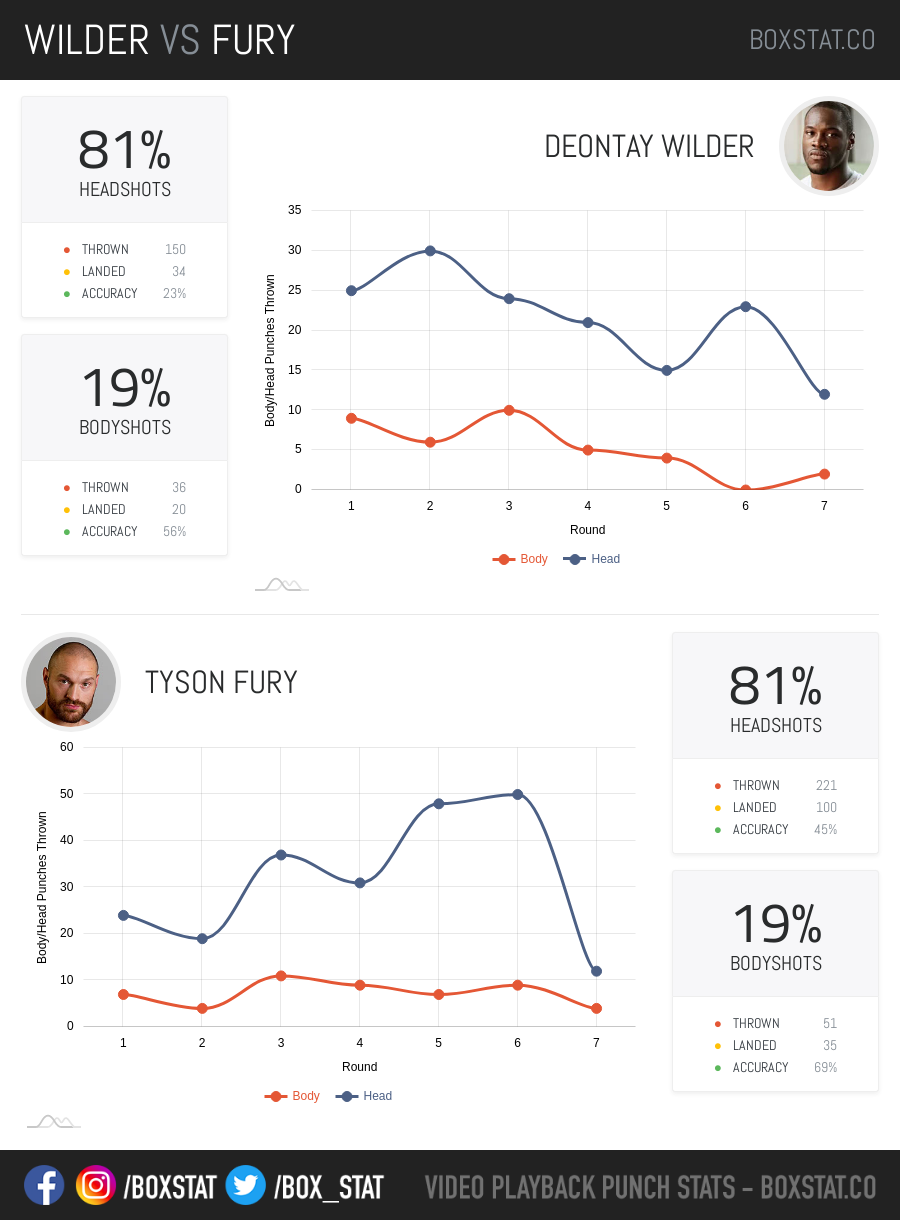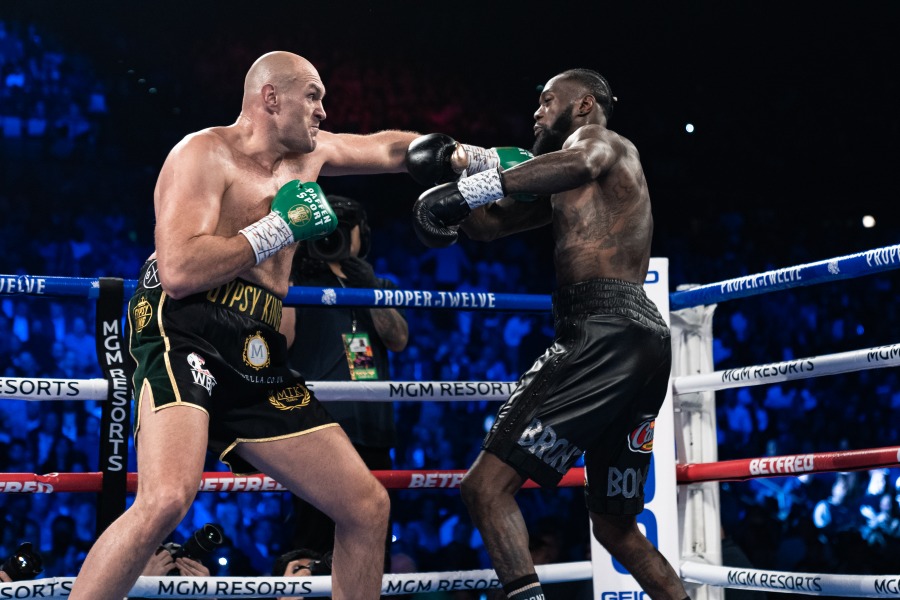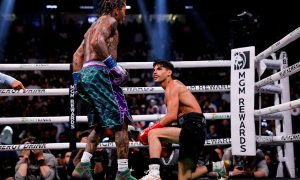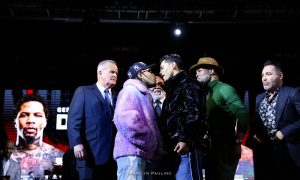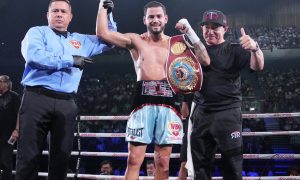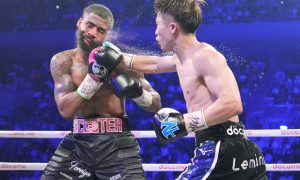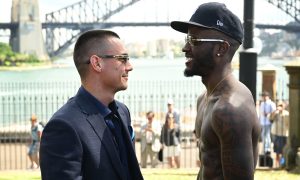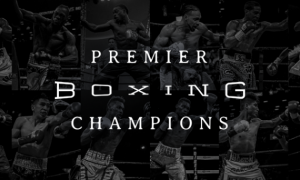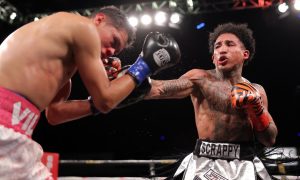Tyson Fury finally captures the WBC Heavyweight crown after brutally stopping Deontay Wilder in seven one-sided rounds of battle
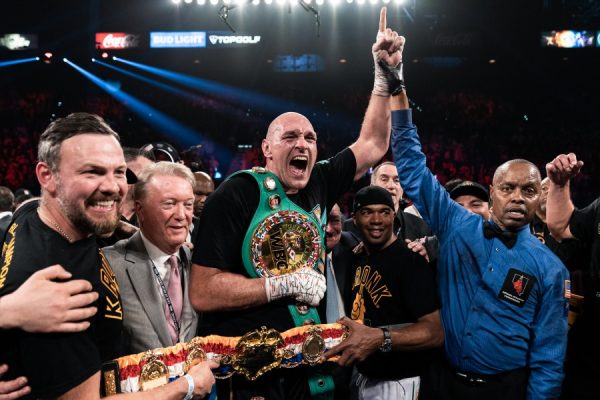
You a gangster now. On the other side. A whole new ball game. You can’t learn about it in school, and you can’t have a late start.
Carlito Brigante
Saturday night’s highly anticipated Heavyweight championship rematch between Deontay Wilder and Tyson Fury was an epic battle of undefeated kings. The fight revolved around legend.
A Family of Fightin’ Men Forges Young Fury
Fury’s father, John, named him after boxing’s undisputed undefeated Heavyweight champion at the time – “Iron” Mike Tyson. The 6-foot 9-inch Brit entered the world up against it, fighting to survive the complications associated with premature birth. Once he defeated that ordeal, Tyson picked up boxing before his teens, recognizing that he was borne from a lineage of fighting men.
The Olympics never materialized for Fury as part of his amateur career, but he turned pro in 2008 at age 20, and by July 2015 he held every Heavyweight world championship with the exception of the WBC’s prestigious green belt. This was simplified because at 24-0 with 18 KOs, Tyson decisioned reigning champion Wladimir Klitschko – then the holder of the IBF, WBA, WBO, Ring and Lineal titles.
As for Wilder’s origin story, he’s the son of a Southern preacher who dabbled in some collegiate basketball as the product, athletically speaking, of a state regarded as a high school football powerhouse.
The Ascent of the Bronze Bomber
He walked into a boxing gym for the first time at the age of 20 in 2005. He quickly discovered he possessed a level of unique power in his right hand, and commenced to work his way to a Bronze medal at the Beijing 2008 Games. This was an unimaginable accomplishment in itself, but it required several years before 6-foot 7-inch Wilder truly realized his Jay Z “…n—–, I’m here” moment.
Despite his unanimous decision over champion Bermane Stiverne to win the WBC title in January 2015 – and five subsequent wins by stoppage – Wilder didn’t fully step out onto the world stage until punishing three-knockdown first-round KO of Stiverne in November 2017.
The onus wasn’t on Wilder completely. Prior to the Stiverne rematch, PED-related situations nixed potentially career-elevating fights with Luis Ortiz and Alexander Povetkin. Moreover, repeated negotiations for a unification fight with Anthony Joshua went awry, and wasted the time of all parties.
And then Wilder, at 40-0 with 39 KOs, finally got his moment as Tyson returned to boxing from a 30-plus month hiatus. The two met in December 2018 after Tyson fought just a pair of tune up fights. The official result was a split decision draw. However, in the eyes of some Fury boxed well enough to win the war. Unmistakably, Wilder won Stirling- and Falkirk-like battles with sensational knockdowns in the ninth and 12th rounds.
…About Last Night’s Rematch
As Wilder and Fury made their respective over-the-top ring walks last night this writer’s thoughts drifted off to reformed hustler Carlito Brigante’s profound words to his friend and lawyer Dave Kleinfeld in the movie Carlito’s Way. But of course, in boxing parlance. More serious thoughts on the matchup were had.
As a 5-year champion (not a gangster) – attempting to surpass Muhammad Ali in consecutive title defenses – at some point a resilient challenger would present issues that would point back to Wilder’s late start.
We saw hints of this in Wilder-Fury I.
Speaking of actors, Fury arrived at fight week as a somewhat new character – and with some major plot twists. In addition to the Gypsies, he is also the king of chaos. He switched trainers from Ben Davison, a younger man who brilliantly guided him to near victory in 2018.
He trained under a shroud of secrecy at Detroit’s renowned Kronk Gym in a move that charged Javan SugarHill Steward with a critical duty. Steward had to devise a game plan, re-program Fury’s penchant to dance and box, and re-fashion the former champion into a savage killer. Steward needed to render the judges unnecessary. In just a few rounds, last night, Fury and Steward accomplished their mission.
Fury walked to Wilder from first bell. There was no East-West movement. Fury got downhill and forced Wilder into the uncomfortable, and unfamiliar, position of fighting off of his back foot. Wilder jabbed to Fury’s body a few times. The champion landed a couple of glancing right hands. However, Fury’s work rate began to produce signs that his strategy for the rematch was the right decision.
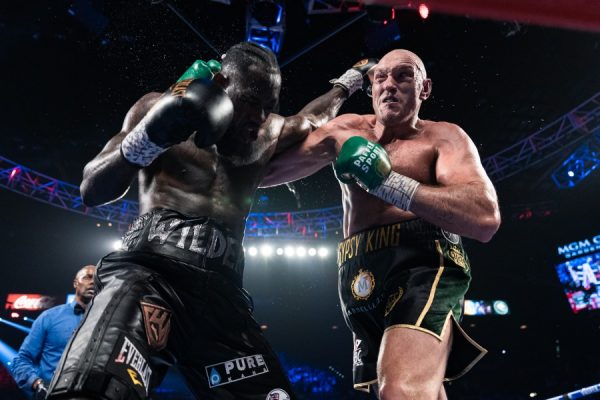
Wilder’s legs showed an unsteadiness. He bled from his mouth by round three. And, in the third round Fury dropped Wilder with a short combination. Wilder motioned to referee Kenny Bayless that the blow landed illegally behind the head. Bayless proceeded with his mandatory count. Matters never improved for Wilder, and with the sight of blood Fury ramped up his pressure and physicality.
As Wilder moved around clearly hurt, in the fifth round Fury dropped the champion a second time. He landed a double left hook combination, finishing with a shot to the body that sent Wilder to the canvas.
Wilder managed to fight on, and he attempted to connect with his trusty right hand. But without usual bearings, this early in a fight, most of the shots were easily evaded by the prowling Fury. As Wilder set on his stool after the sixth round, badly battered and bleeding from his left ear, the optics seemingly bewildered trainer Jay Deas. He seemed to know it was time to save his fighter, but he offered very little regarding instruction for the fading Wilder.
Wilder soldiered on into the seventh round. But, after 90 seconds Fury finally positioned his prey into a corner. There, no exits existed. Fury tapped away Wilder’s gloves to set up a pair of straight right hands that split the fragile defense. Finally, Bayless stepped in between the men to stop the fight, pointing out to Wilder that his corner had thrown in the towel.
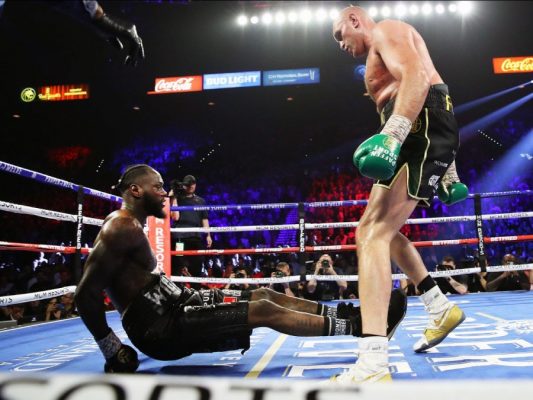
Photo: Mikey Wiliams/Top Rank
A Fighting Man’s Truth
Fury’s stunning performance capped off a legendary run. For over a year, observers vehemently argued over details such as weight, resumes, the 47 stitches needed to repair Fury’s right eye, and the Brit’s mental state. After just three rounds what unfolded was tantamount to the music-backed big reveal sequences in director Steven Soderbergh Ocean’s franchise.
This writer felt duped – a victim of misdirection. Someone hijacked the script. Right in front of all our eyes, Fury pulled off one of boxing’s greatest confidence schemes.
Wilder has 30 days to tell the world whether he’ll reprise his role in a trilogy later this year.
Wilder-Fury 2 Punch Stats
